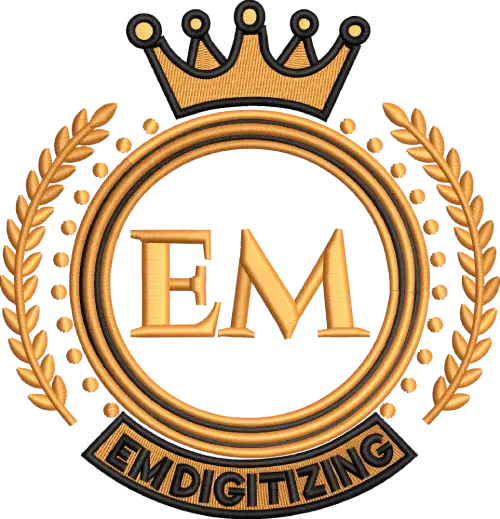How to Start a Printing Business In 2023-Is Printing Business Profitable?
Introduction:
In an increasingly digital world, where information and communication are predominantly carried out online, one might question that how to start a printing business in 2023 and how much does it cost to start a printing business. However, the truth is that the printing industry continues to thrive and present numerous profitable opportunities. While the landscape has certainly evolved, a well-planned and strategically executed printing business can still achieve success. In this article we will guide the process of starting a printing business in 2023 and shed light on the profitability of such ventures.
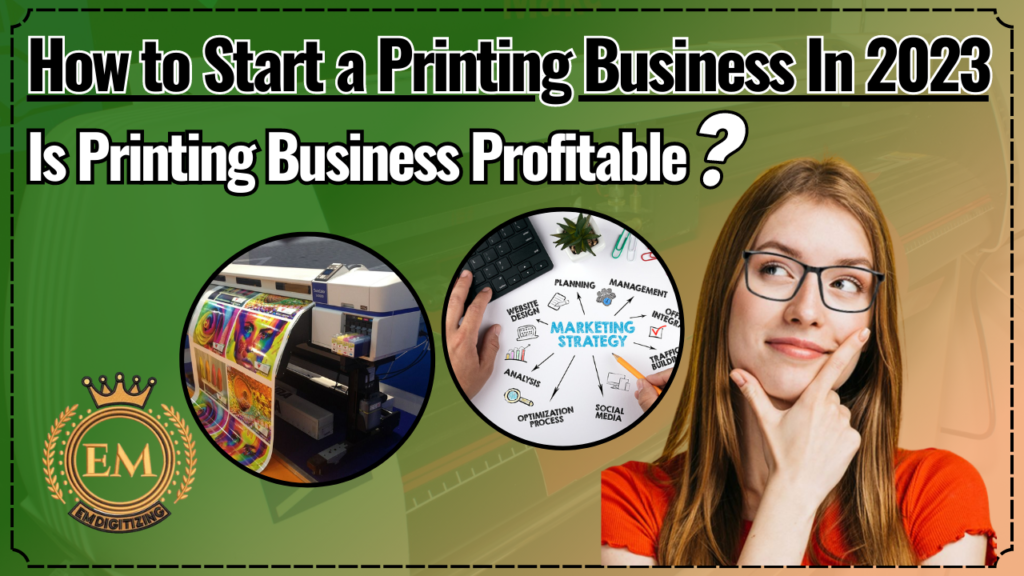
How to Start a Printing Business In 2023-Is Printing Business Profitable?
Market Analysis
Before diving into any business venture, conducting a comprehensive market analysis is crucial. While the demand for printed materials has undoubtedly decreased with the rise of digital media, there are still niche markets and specific segments where printing remains essential. For example, businesses, educational institutions, event organizers, and individuals often require professional printing services for marketing materials, business cards, brochures, signage, invitations, and other tangible items.
Moreover, with the increasing emphasis on personalization and customization, many customers seek unique and customized printed products, such as personalized merchandise, stationery, and promotional items. This presents an opportunity for a printing business to offer specialized services and cater to these demands.
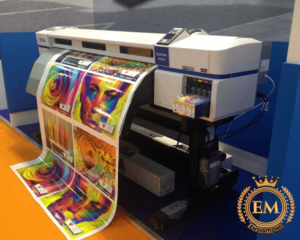
Key Steps to How to Start a Printing Business
It is difficult to start a printing company, but this guide will help you answer all the questions. Let’s see some of the important steps you need to know about how to start a printing company.
Define your niche:
Identify the specific market segment or target audience you wish to serve. This could include commercial clients, individuals, or specialized industries like the arts or fashion.
Conduct market research:
Understand your target customers’ needs and preferences, pricing expectations, and competitors in the area. This will help you determine the services you should offer, pricing strategies, and the level of competition you may face.
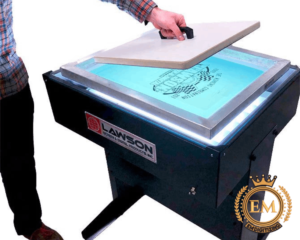
Create a business plan:
Outline your business goals, marketing strategies, operational structure, and financial projections. This plan will serve as a roadmap for your business and assist in securing funding if necessary.
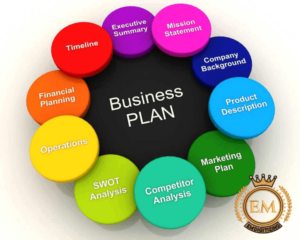
Acquire necessary equipment:
Invest in high-quality printing equipment that aligns with your printing business’s scope and budget. This may include printers, scanners, laminators, cutting machines, and design software.
Set up a physical or online presence:
Establish a physical storefront or create a professional website to showcase your services, provide information, and enable online ordering. A well-designed and user-friendly website can expand your reach beyond local customers.
Build a network:
Establish connections with local businesses, organizations, and individuals who may require printing services. Attend industry events, join professional associations, and engage in networking activities to expand your customer base.

Offer additional services:
Consider offering related services such as graphic design, packaging, and shipping to provide added value to your customers and increase your revenue streams.

Develop a marketing strategy:
Utilize a mix of online and offline marketing techniques to promote your printing business. This may include social media marketing, search engine optimization, print advertisements, direct mail campaigns, and participation in trade shows or local events.

Secure suppliers and vendors:
Identify reliable suppliers for your printing materials, inks, papers, and other necessary supplies. Establish strong relationships with vendors to ensure timely delivery and competitive pricing. Consider partnering with wholesalers or joining printing associations to access discounted rates.
Hire skilled personnel:
Depending on the size and scale of your business, you may need to hire skilled professionals such as graphic designers, printing technicians, customer service representatives, and administrative staff. Look for individuals with relevant experience and a strong understanding of the printing industry.
Invest in quality control measures:
Implement strict quality control processes to ensure consistent and high-quality output. This includes regular maintenance and calibration of printing equipment, color management, and thorough inspections of finished products before delivery.
Develop strong customer service practices:
Provide excellent customer service by offering clear communication channels, prompt responses to inquiries, and flexibility in meeting customer needs. Consider implementing a customer feedback system to continuously improve your business plan for printing services.
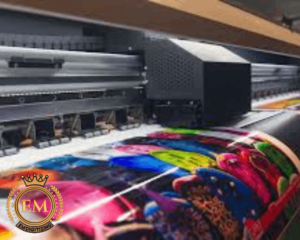
Implement efficient workflow systems:
Develop streamlined processes for receiving orders, production, packaging, and delivery. Invest in workflow management software to track orders, manage inventory, and monitor project timelines. Efficient workflow systems will help you deliver products on time and minimize errors.
Embrace digital technology:
While printing is a traditional industry, embracing digital technology can enhance your business operations. Utilize embroidery design software, online proofing tools, and digital file management systems to streamline processes and improve efficiency. Explore online printing platforms or integrate e-commerce capabilities into your website for seamless ordering and payment processing.

Stay updated with industry trends:
Continuously educate yourself about the latest advancements and trends in the screen printing industry. Attend industry conferences, join webinars, and subscribe to trade publications to stay informed. This knowledge will help you adapt to changing customer preferences, incorporate new printing techniques, and remain competitive.
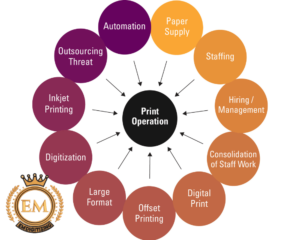
Provide value-added services:
Differentiate your business by offering value-added services that go beyond traditional printing. This could include graphic design consultations, print marketing advice, or assistance with branding strategies. By positioning yourself as a knowledgeable partner, you can attract clients seeking comprehensive solutions.

Monitor and adjust your business strategy:
Regularly evaluate your business performance and adapt your strategies accordingly. Stay agile and be willing to make necessary adjustments to stay competitive and meet evolving customer demands.
We hope these steps clears everything you need to know about how to start a digital printing business at home. Remember, adaptability, innovation, and excellent customer service are vital ingredients for profitability in the ever-changing printing landscape.
How Much Does It Cost To Start A Printing Press Business?
The cost of starting a digital printing business plan can vary significantly depending on several factors, including the scale of operations, location, equipment choices, and additional services offered. Here are some of the major expenses to consider when estimating the cost to start printing business:
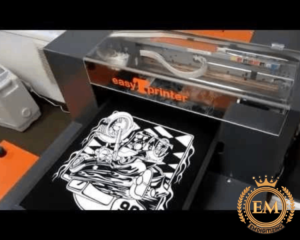
Equipment:
The cost of the printing tools business equipment can range from a few thousand dollars to hundreds of thousands of dollars, depending on the type and quality of equipment you choose. This includes printers, scanners, cutting machines, laminators, and software. It’s important to invest in reliable and high-quality equipment to ensure consistent output and minimize maintenance and repair costs.
Location:
If you plan to operate from a physical storefront or production facility, you’ll need to consider the cost of renting or purchasing a suitable space. The rental or purchase price will vary depending on the size, location, and demand in the area. It’s essential to choose a location that is convenient for your target market and has sufficient space for production and storage.
Supplies and Materials:
Factor in the cost of printing home business supplies such as inks, papers, specialty materials, and packaging materials. The cost will depend on the volume of printing you anticipate and the types of products you offer. Consider establishing relationships with suppliers to negotiate better pricing and ensure a consistent supply of materials.
Software and Technology:
Invest in design software, workflow management systems, and digital tools to streamline your operations. The cost will depend on the specific software and technology you choose, and whether you opt for one-time purchases or monthly subscriptions. Consider the licensing fees, training costs, and ongoing maintenance expenses associated with these tools.
Marketing and Branding:
Allocate a budget for marketing and branding activities to promote your printing business. This can include website development, logo design, print advertisements, online marketing campaigns, business cards, brochures, and other promotional materials. The cost will depend on your marketing strategy and the scope of your promotional efforts.
Personnel:
If you plan to hire employees, factor in the cost of salaries, benefits, and training. The number of employees you hire will depend on the scale of your operations and the services you offer. Consider whether you need graphic designers, printing technicians, customer service representatives, or administrative staff.
Profitability and Future Outlook
While the printing industry has experienced significant changes, it remains a profitable business for those who adapt to the evolving market demands. By catering to niche markets, offering personalized products, and providing exceptional customer service, printing businesses can differentiate themselves from competitors and maintain a steady client base.
Moreover, advancements in printing technology have made it possible to offer high-quality and cost-effective printing solutions. The ability to offer unique finishes, specialty inks, and fast turnaround times can further attract customers seeking premium printing services.
Additionally, as sustainability and eco-consciousness become increasingly important, embracing eco-friendly printing practices can help attract environmentally conscious customers and improve your business’s reputation.

Conclusion:
While digital media has undoubtedly impacted the printing industry, starting a printing business in 2023 can still be a profitable venture. By identifying niche markets, providing personalized and high-quality printing solutions, and adopting modern marketing strategies, entrepreneurs can tap into the remaining demand for printed materials. Success in the printing industry will depend on adaptability, differentiation, and a customer-centric approach, enabling businesses to thrive in the face of changing technological trends.
If you want to customize embroidery logo digitizing, EM DIGITIZING will be your best choice. At EM DIGITIZING, we deliver the best embroidery logo digitizing services with the best quality. We offer 50% off on all our services to our potential customers on their first order. So, get a free quote now and we will get in touch with you.
Hope this article will be helpful for you guys!
If there’s any question related to this article feel free to comment to us. And, thanks for reading!
The future of printing companies lies in embracing digital technologies, offering specialized services such as 3D printing, and adapting to changing customer needs in the digital age.
Yes, there is a future in printing as it continues to serve various industries like packaging, marketing materials, and publishing, with advancements in technology allowing for innovative printing solutions.
The profitability of a printing business can vary depending on factors like market demand, competition, efficiency, and diversification of services, but with strategic planning and adapting to industry trends, it can be a profitable venture.
Print is not dead in 2023. While digital media has gained popularity, print offers tangible benefits like physical touch, credibility, and sensory experience that can complement and coexist with digital channels.
Print is better in certain contexts due to its tangibility, credibility, and ability to engage multiple senses, making it suitable for certain marketing campaigns, physical branding, and targeted communication strategies.
Printing is a versatile business that caters to various design industries such as publishing, marketing, packaging, signage, and more, offering a range of services like offset printing, digital printing, wide-format printing, and specialty printing.
